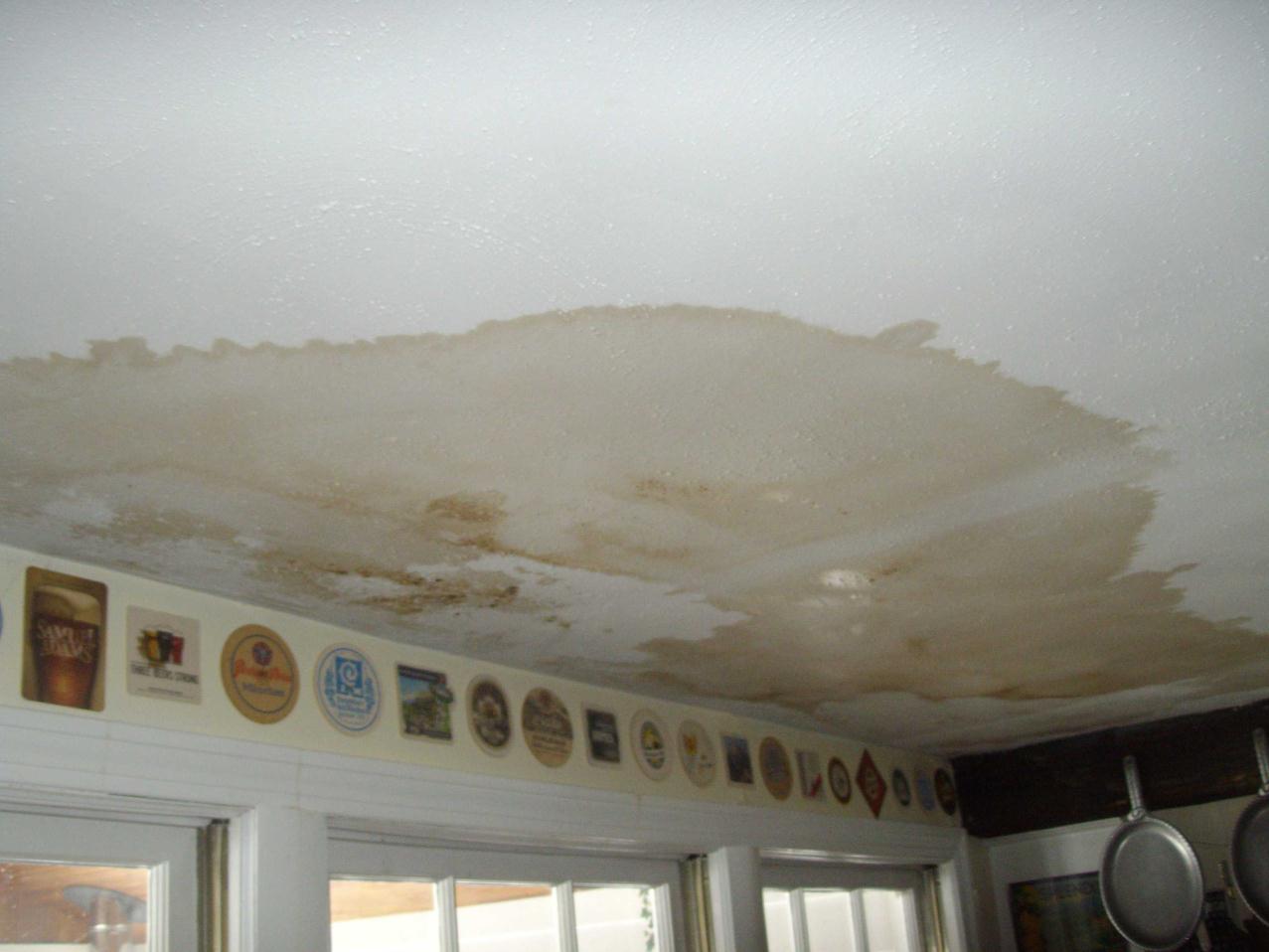Do's & Don'ts of Water Restoration.
Do's & Don'ts of Water Restoration.
Blog Article
What're your thoughts regarding Simple Solutions To Preventing Fire And Water Damage To Your Home?

Though water provides life, water invasion on parts where it's not meant to be can cause damage. It can peel off away surface areas as well as wear down the foundation if the water saturates into your framework. Mold and mildew and mildew likewise thrive in a damp environment, which can be hazardous for your health and wellness. Homes with water damage smell mildewy and old.
Water can come from several sources such as tropical storms, floods, ruptured pipes, leakages, as well as sewage system issues. In case you experience water damage, it would be great to understand some safety and security precautions. Here are a few standards on just how to handle water damage.
Do Prioritize Home Insurance Protection
Water damage from flooding because of heavy winds is seasonal. However, you can also experience an unexpected flooding when a faulty pipe all of a sudden bursts into your residence. It would be best to have home insurance policy that covers both acts of God such as natural disasters, and emergencies like busted plumbing.
Do Not Neglect to Turn Off Utilities
This reduces off power to your whole residence, stopping electric shocks when water comes in as it is a conductor. Do not fail to remember to turn off the main water line valve.
Do Remain Proactive and Heed Weather Condition Signals
Listen to emptying cautions if you live near a river, lake, or creek . Doing so reduces potential building damages.
Don't Ignore the Roof
You can prevent rain damages if there are no openings and leakages in your roof covering. This will certainly stop water from moving down your wall surfaces as well as saturating your ceiling.
Do Focus On Little Leaks
A burst pipe does not take place overnight. You might observe bubbling paint, peeling wallpaper, water streaks, water discolorations, or dripping sounds behind the walls. Have your plumbing fixed before it results in massive damage.
Don't Panic in Case of a Burst Pipe
When it comes to water damages, timing is key. Thus, if a pipeline ruptureds in your home, right away shut off your major water valve to reduce off the source. Call a respectable water damage restoration specialist for aid.
Water gives life, water invasion on parts where it's not supposed to be can result in damage. Houses with water damage odor old as well as stuffy.
Water damages from flood dues to heavy winds is seasonal. You might discover bubbling paint, peeling off wallpaper, water streaks, water spots, or dripping noises behind the wall surfaces. When it comes to water damages, timing is crucial.
Some Do's & Don't When Dealing with a Water Damage
DO:
Make sure the water source has been eliminated. Contact a plumber if needed. Turn off circuit breakers supplying electricity to wet areas and unplug any electronics that are on wet carpet or surfaces Remove small furniture items Remove as much excess water as possible by mopping or blotting; Use WHITE towels to blot wet carpeting Wipe water from wooden furniture after removing anything on it Remove and prop up wet upholstery cushions for even drying (check for any bleeding) Pin up curtains or furniture skirts if needed Place aluminum foil, saucers or wood blocks between furniture legs and wet carpet Turn on air conditioning for maximum drying in winter and open windows in the summer Open any drawers and cabinets affected for complete drying but do not force them open Remove any valuable art objects or paintings to a safe, dry place Open any suitcases or luggage that may have been affected to dry, preferably in sunlight Hang any fur or leather goods to dry at room temperature Punch small holes in sagging ceilings to relieve trapped water (don't forget to place pans beneath!); however, if the ceiling is sagging extremely low, stay out of the room and we'll take care of it DO NOT:
Leave wet fabrics in place; dry them as soon as possible Leave books, magazines or any other colored items on wet carpets or floor Use your household vacuum to remove water Use TV's or other electronics/appliances while standing on wet carpets or floors; especially not on wet concrete floors Turn on ceiling fixtures if the ceiling is wet Turn your heat up, unless instructed otherwise

I ran across that blog entry about Fire And Water Damage Prevention when scouting around the search engines. In case you liked our article kindly remember to pass it around. Kudos for your time. Come back soon.
Report this page